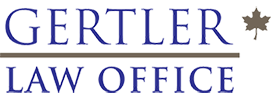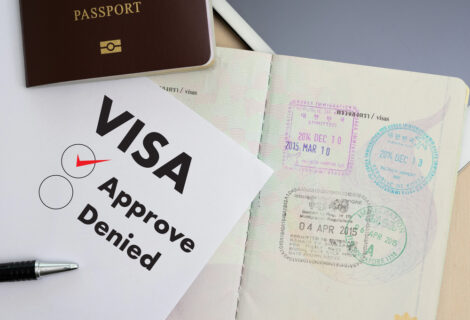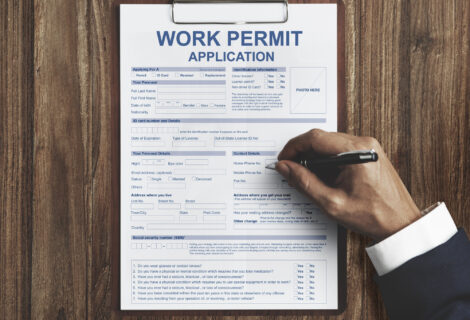Am I Eligible to be Referred as a Refugee in Canada?
Are you a person who needs a protection from a persecution? Do you plan to come to Canada as a refugee? If so, you have to be aware of your eligibility to be a refugee in Canada. In addition, it is important to consider some pitfalls of refugee immigration process to Canada.
Based on 1951 Geneva Refugees Convention, people who are outside their home countries and have well-founded reasons to feel insecure or persecuted can claim to refugee protection in Canada. The key word here is “well-founded”. You must have a profound understanding of your rights and requirements to get refugee status. Another option: to consult a refugee immigration lawyer to avoid the possible immigration problems.
In 2016 the Canadian government grants the opportunity to 51,000-57,000 people to come to Canada as a refugee.
The Refugee Claims within Canada
A person experiencing persecution while being at Canada’s border or within the country can make a refugee claim if the following conditions are met:
To be considered eligible the claimant cannot:
- have been made a previous refugee claim in Canada;
- have refugee status in another country;
- be at US-Canada border (there are some exceptions)
- have criminality.
The Refugee Protection Division of the Immigration and Refugee Board determines one of the following claimant types:
- convention Refugee in Canada, or;
- a refugee facing a danger of torture, or;
- a refugee facing the risk to their lives or cruel unusual treatment that is not normally faced by others;
If the IRB decides that the claimant is a genuine refugee, this individual becomes a Protected Person and can apply for permanent residence in Canada.
If IRB refuses the claimant to become a Protected Person, he or she has the right to appeal the decision to the Refugee Appeal Division of the Immigration and Refugee Board. In some cases, the appeals can be directed to the Federal Court.
Important Note for a Refugee in Canada:
The person, who is going to claim for refugee status, does not necessarily have to experience the persecution before. The Citizenship and Immigration Board determines that whether or not you have been persecuted back to your home country if you fear of facing danger or abuse in the future upon on returning there, – you can claim for becoming a refugee.
Most common examples of refugee cases:
- Religious and ethics minority groups who fear to experience the persecution or abnormal treatment from public or non-governmental organizations, while the police are unable or unwilling to protect those individuals.
- Members of an opposition political party who fear to face retribution;
- People who suffer from a persecution by powerful criminal gangs or similar groups;
- Homosexuals who face persecution due to their sexual orientation;
- Women who experience violence from their husbands or other members of a family ;
- Women who are experiencing gender-based persecution.
The claimants should explain the reasons for their fear of persecution. They have to provide evidence why they are not able to get protection from their government in order to become a refugee in Canada.






